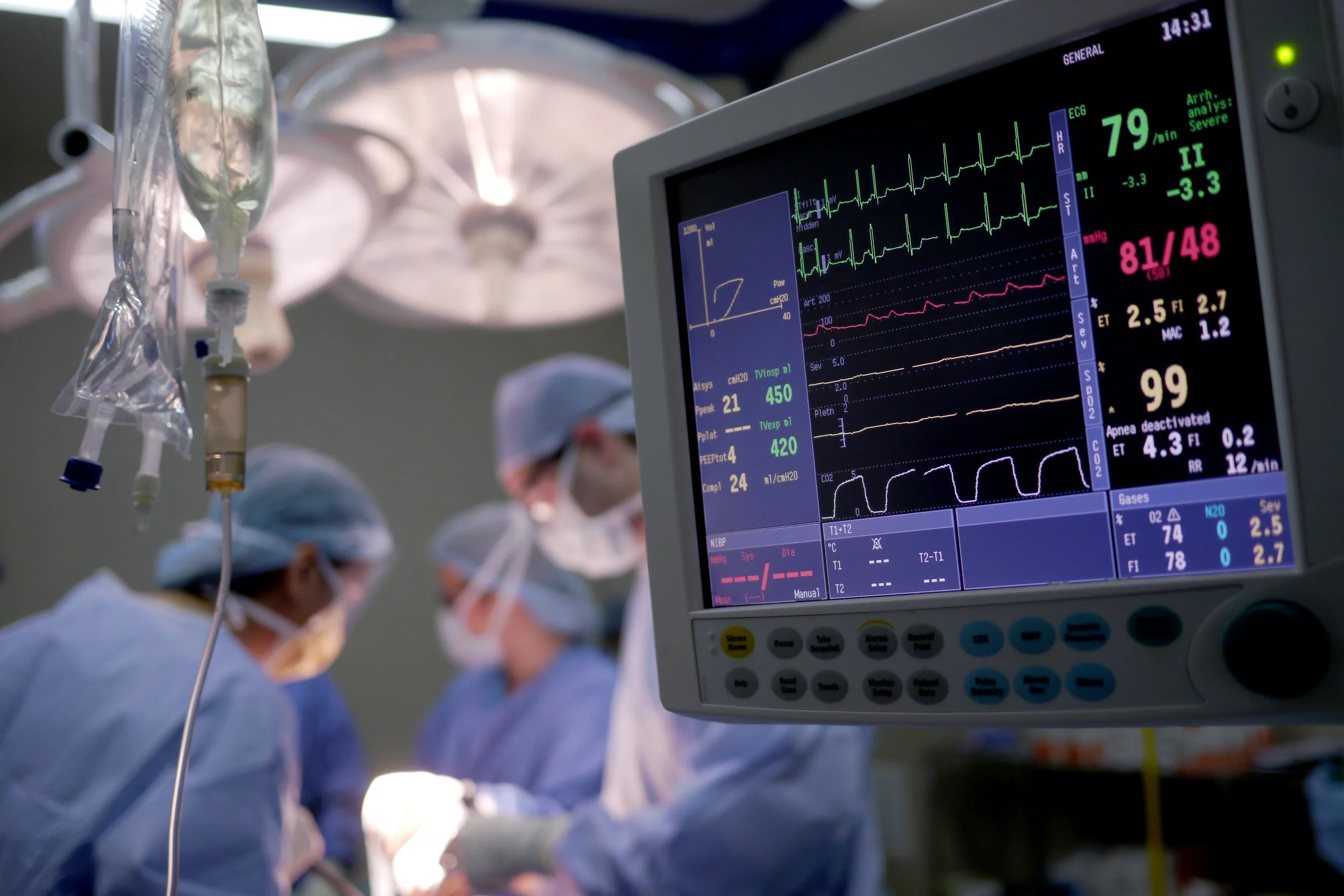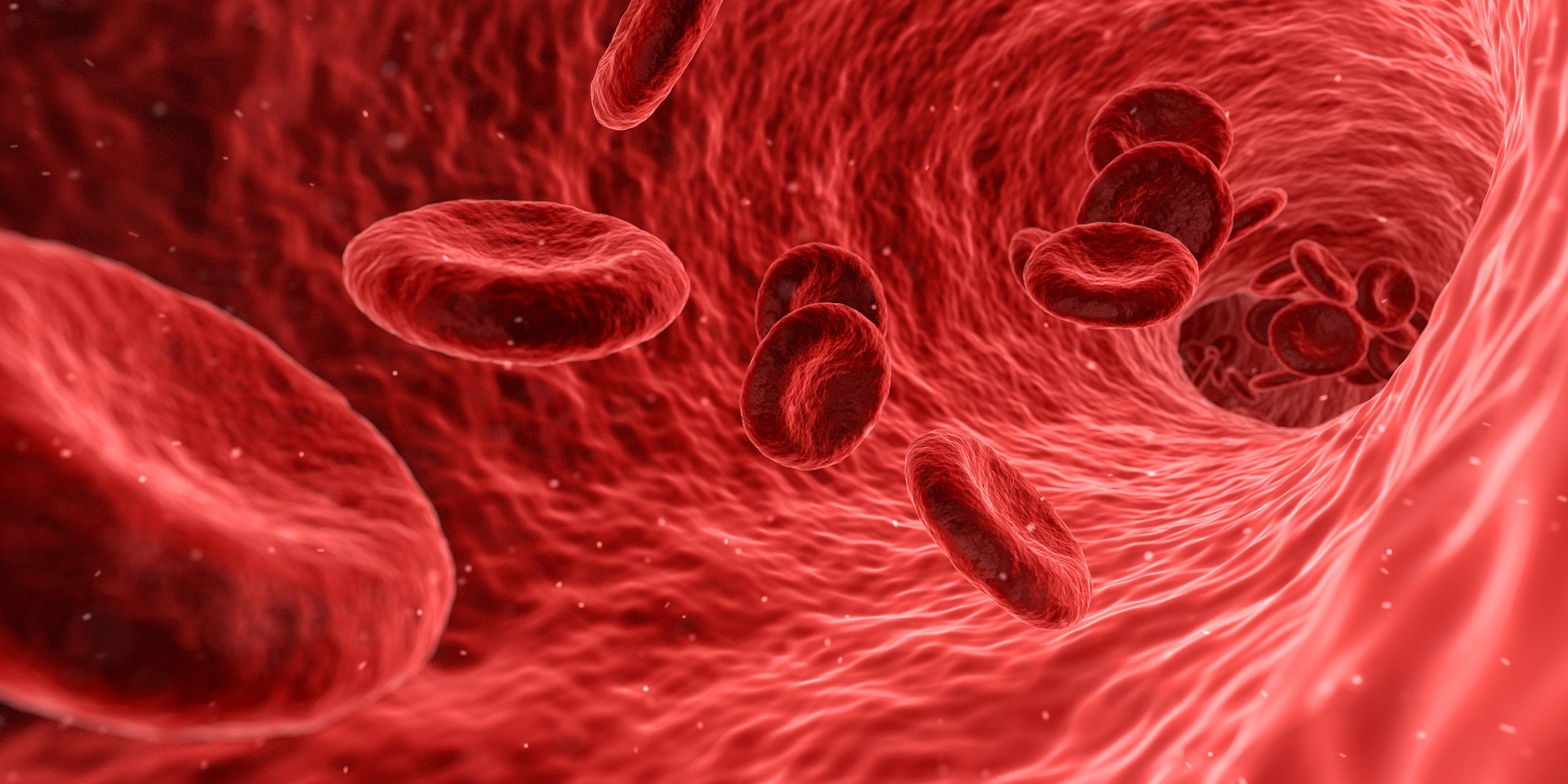The day I was supposed to show up at the clinic for an interview, I had a panic attack.
Yes, that’s right…I was interviewing at a clinic for a nursing position—that dear, difficult profession that has brought me so much grief and so much growth. The profession I swore I never wanted to return to, at least “not as long as I can help it,” as I often quipped when asked about nursing.
Yet here I am, a year and a half into my purely non-clinical life as a nurse, and I find myself interviewing at a clinic. It started with a blog post…about what I’d learned from quitting nursing (ironic, isn’t it?). I posted a graphic on Instagram, and somehow a stranger in town stumbled upon it and direct messaged me because in many ways, she could relate to my story.
We eventually became friends (this is the beauty of social media—when screens lead to person-to-person relationships), and she’s the one who told me about this PRN job at a gastrointestinal clinic that does outpatient endoscopies and colonoscopies. The more she described the job, the more attractive it sounded: 1:1 or 1:2 patient ratios, healthy patients, 8-5 hours… She had emailed the manager, she told me. I should too, she said.
To my surprise, I did.
During the past year and a half outside the nursing world, I’ve battled thoughts of insecurity. Am I crazy for not working as a nurse? Am I going to lose my clinical skills? This one was the real kicker: Am I selfish for not using my skills to help others?
Each time these thoughts crowded my head, I came back to the moment in Cambodia I decided to quit nursing—that single, simple moment of clarity that gave me peace and confidence in my decision. I considered various PRN positions (where I could work on an as-needed basis when extra staffing was required) every once in a while, but anxiety always rose up, and I always backed down.
This time, however, anxiety sat quietly by as I emailed, called about the job, and set up an interview—that is, until the day of the interview. The reality of going back to nursing came crashing down on me, and panic rose up in my chest. I remembered the stressful days and long hours, the hurtful comments from patients and their families, the constant strain of expectations from “the people upstairs” (which is what I called the people who controlled the budget and sat in offices on the top floor of the building).
To be quite honest, the anxiety was overwhelming. I canceled my interview. A couple weeks later, with my therapist’s mantra “Exposure reduces anxiety; avoidance increases it,” ringing in my head, I rescheduled the interview simply so I could face the anxiety of walking into a nursing setting and then probably not take the job.
After praying about it, I took the job—once again to my surprise. As I began training, I was nervous, and I found all my insecurities voicing their concerns in my head. I found that my inner critic was coming out in a way I hadn’t experienced since…I had worked in nursing at the hospital. Even though the clinic setting was extraordinarily calmer and more peaceful than the hospital, in the same quiet moments of changing out a linen bag, the old, familiar voice of my inner critic showed up.
“You’re not good at this. What are you doing here? You don’t belong here. You’ll never be enough. Just give up,” the voice grumbled.
As I processed my struggles with a dear friend from nursing school, she asked two questions about this inner critic that guided me to great insight and the beginnings of peace (and grief).
First, she asked, “Do you think the inner critic has to do with your experiences at the hospital?”
“Yes,” I replied immediately. “I’ve been so stressed because all these memories of hard things from the hospital have been coming back up.”
We discussed this for a while, noting how the mindset of me being “never enough” was intertwined with my work experience at the hospital.
Then she asked the second question. “I’m pretty sure the answer to this question will be yes too, but I’ll ask it anyway,” she said. “Do you think the inner critic has to do with your experiences in Cambodia, too?”
This time I hesitated, and then replied affirmatively again. It had been a long time since I dredged up those memories from the Cambodian hospital. Quite honestly, I didn’t want to bring them back up to the surface again; I didn’t want to grieve again.
So I tried to push it back down, but I couldn’t avoid it. Each time I went to the clinic, I felt major anxiety and stress that couldn’t be explained by just starting a new job. So once again, I opened back up my memory bank; the memories come flooding back, even now:
I remember how hard volunteering in that Cambodian hospital was.
I remember how hard watching the woman with the upper GI bleed was.
And this is when it hits me. The woman with the upper GI bleed.
What broke me most about this woman was that I knew the treatment but did not have the capabilities or equipment to help.
Years later, continents apart, I show up to work at a specialty clinic—a clinic that only does two things: EGDs and colonoscopies. Things that could have saved this woman’s life.
Out of all the places I could have ended up working, I wonder at the fact that I am at a GI clinic. A place where for which GI bleeds are routinely screened.
As I reflect on this, marvel at this, grieve over this (oh, the healthcare disparity!), I notice how I call this patient, “the woman in the Cambodian hospital” or “the woman with the upper GI bleed.”
The verbiage reminds me of another famous woman, one who was also acquainted with pain and suffering. One whose name I still don’t know, yet one who has taught me much about the kingdom of God. Among church-goers, she is known as “the woman at the well.”
I wonder if that woman knew, if she had any idea, how others would learn of Jesus through her. I wonder if she imagined how people would read about her encounter with Jesus and be drawn to the Messiah as well.
I wonder if the woman in the Cambodian hospital had any inkling of how she would help me encounter Jesus in a new way. I wonder if she knew I would one day write about her and remember her, over and over and over, and every time return to the conclusion that Jesus is present, and Jesus is enough. I wonder if she knew her experience would live in my memory and impact every patient interaction I ever had again.
I remember her lying there. I remember her coughing up blood. I remember desperately wishing for EGD and cauterizing capabilities. I remember the desperation as I watched her suffer.
And I remember the presence of God. I remember that Jesus was with the woman in the Cambodian hospital, and I hope she’s in His presence now. I remember that He was enough then, and I remember that He is enough now.
In the hospital. In the GI clinic. In the country with EGDs and colonoscopies. In the place without any scopes at all. In the town with the woman at the well, rejected and shunned by society. In the town with the nurse at the GI clinic, plagued by an inner critic as she works. In the town with the woman in the Cambodian hospital, slowly losing blood from an upper GI bleed.
He is there, and He is enough. For my needs and for yours, He is enough.







